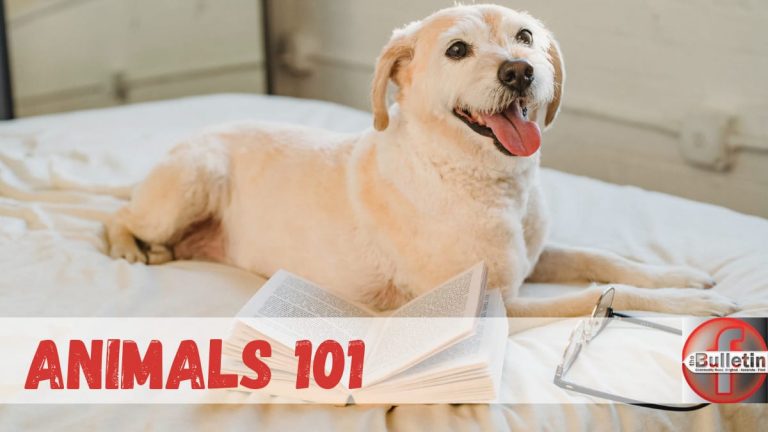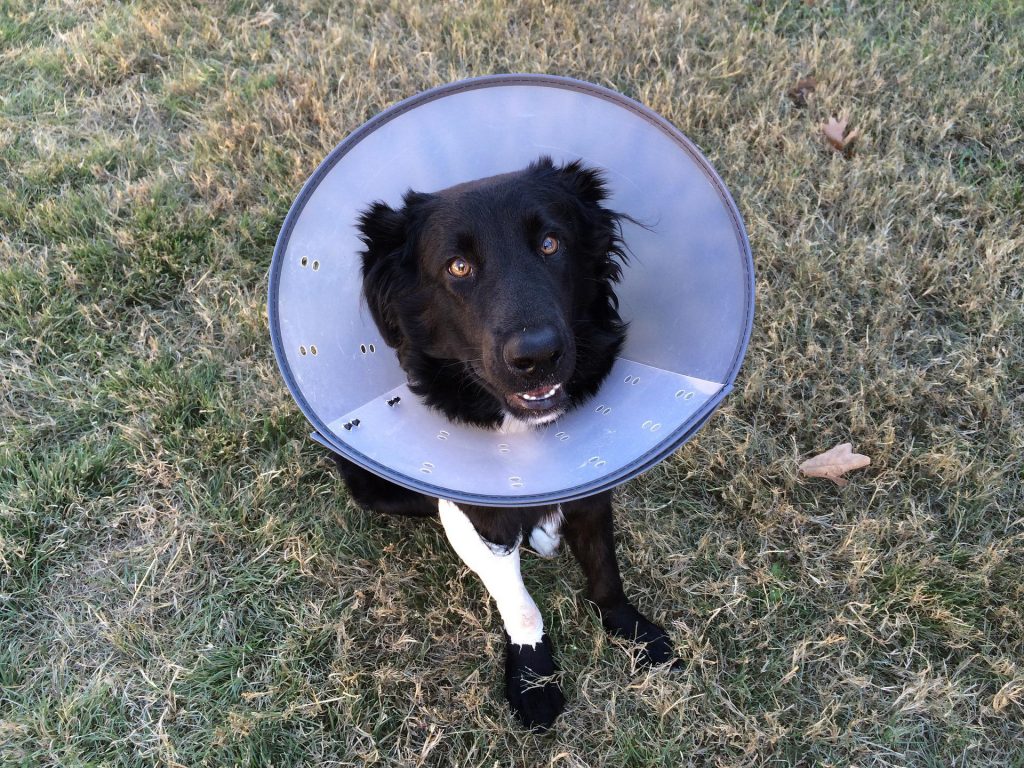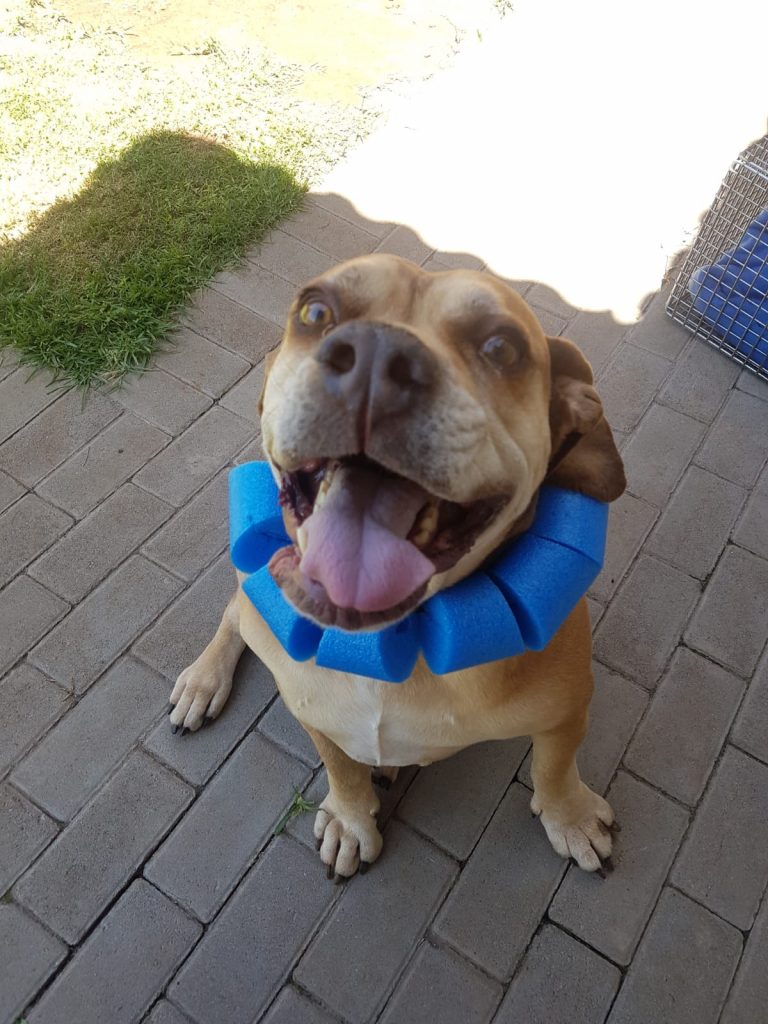
ANIMALS 101 –WHAT YOU SHOULD KNOW ABOUT POST-OPERATIVE CARE FOR YOUR PETS
Any pet parent feels worried when their fur-family member has to go for an operation as well as feeling intimidated about caring for your pet after their surgery. You are not alone! We learned five particular things for successful at-home care after your pet’s surgery from Dr. Meyers, a veterinary surgeon.
Before we get into this, it is crucial to do your homework on your veterinarian. Not all vets are allowed to work or are qualified to work with all species of animals, especially exotic pets! Get references from friends and family you trust as well as your local animal welfare organizations who work with these vets daily. Support the vets that support animal welfare organizations without bragging about it on social media.

1. RESTRICT ACTIVITY
Most animals’ activity will need to be restricted for one to two weeks after surgery while the wound heals. Try to confine your pet to a small area where there are not much furniture to jump up on or too much space to move. Consider blocking off a portion a room with a kid’s playpen or a dog gate (especially for cats). It is okay to allow your pet to be out of this area as long as they are supervised when out.
2. MONITOR IN GENERAL
Eating and drinking normally is important, so monitor this. Over the first 1-2 days after surgery, your pet’s appetite should be gradually returning to normal. Most pets will sleep a fair amount the first day following surgery. It’s common for a pet not to have a bowel movement for a few days after surgery. Your pet will do there number two eventually, but keep an eye out!
Contact your vet if you notice any vomiting and diarrhoea, if your pet is not eating or drinking or if you notice your pet is straining to poop. Look at your pet’s behaviour too.
3. WOUND MONITORING
Typically, you don’t need to put any ointments or cream on the wound, but you have to monitor the incision! Bruising can occur shortly after surgery, but should gradually improve over 2-3 days.
After some procedures, a sterile fluid pocket under your pet’s skin may develop. This is known as a seroma. As long as the swelling does not seem painful when you touch it and there is no discharge. Seromas usually resolve on their own.
You can apply a cold compress to the incision for 12-24 hours and then a warm compress for a few days to help decrease swelling and inflammation. (Never directly on the skin)
Signs to contact your vet –
- Excessive redness.
- Foul-smelling discharge.
- Evidence that the incision is opening up.
- Bleeding.
4. E-COLLAR
“Does my pet need to wear an E-collar if she doesn’t really scratch or chew at her body?” The short answer is “Yes.” Depending on where the wound is, sometimes a pet can wear a t-shirt or onesie instead of an E-collar, but your pet must be unable to lick or chew at the incision area. Licking the wound can open it up or cause infections due to certain bacteria in the pet’s mouth.
The E-collar needs to be worn until the wound is completely healed which usually can take up to two weeks.
TIP – You can also modify a pool noodle as an e-collar. We often use these in animal welfare. Make sure it is not too tight. You can use a shoe lace or a loose regular collar.

5. MEDICATIONS
Most animals will go home with a few days of pain medications. This medication should be given as the vet instructed for the first few days. If your vet didn’t give pain medication, ask about it. After the first few days, you can give the medication when and if your pet seems to be in pain. Learning to read body language signals is crucial for this.
If you aren’t sure if it’s okay to give the medication or have any other concerns, consult with your vet or the vet surgeon.
Follow your vet’s instructions, but you know your pet best, so if something is off, never hesitate to ask your vet again or get a second opinion and please don’t ask for advice from unqualified individuals online. Prevention is better than cure, so keep your pets safe and healthy with regular wellness checks! Read more here on avoiding high vet bills.
Next week we will look at questions to ask your vet!
WHEN YOU KNOW BETTER, DO BETTER!
#tips #animals101 #postoperativepetcare #health